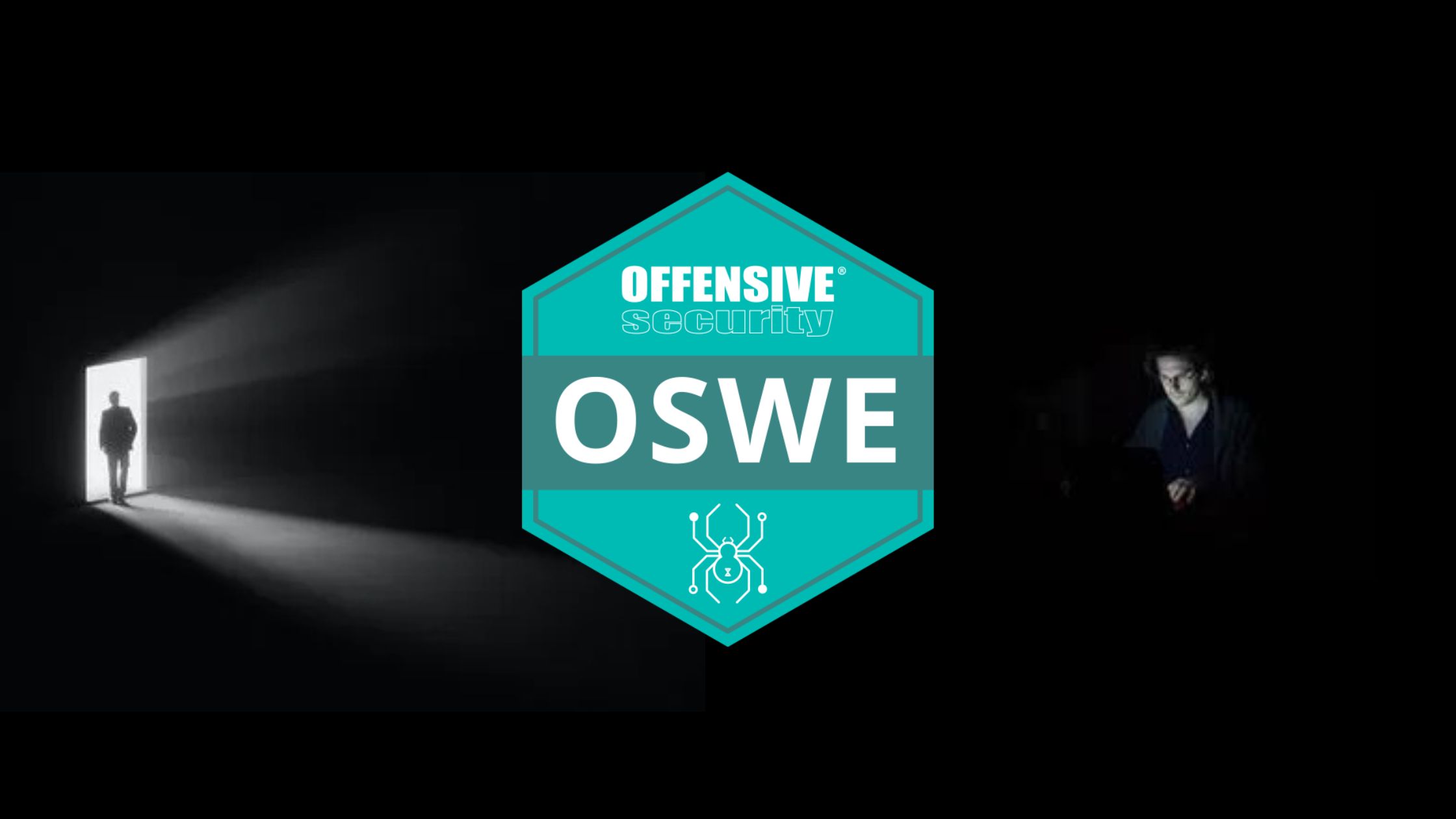Mastering the OSWE Certification: Your Complete Guide
The OSWE certification (Offensive Security Web Expert) is one of the most advanced web application security certifications available today. Offered by Offensive Security, this credential validates a professional's ability to discover and exploit web application vulnerabilities in real-world scenarios. Whether you're a penetration tester, ethical hacker, or cybersecurity enthusiast, OSWE is an excellent way to showcase your skills and stand out in a competitive field. In this blog, we'll explore everything you need to know about the OSWE certification—from what it is and why it matters to how you can prepare effectively.
What is the OSWE Certification?
The OSWE certification is awarded to candidates who successfully complete the Offensive Security Web Expert exam and course: Advanced Web Attacks and Exploitation (AWAE). This course is known for its hands-on approach, pushing candidates to go beyond theory and apply their skills in realistic environments. Unlike multiple-choice exams, OSWE requires candidates to compromise custom-built web applications in a controlled environment. You must identify vulnerabilities, craft exploits, and document your findings within a 48-hour exam period. This real-world challenge is what sets OSWE apart from other certifications.
Why Choose OSWE Over Other Security Certifications?
There are many cybersecurity certifications on the market, but OSWE offers unique advantages:
- Hands-on Experience: OSWE focuses on real-world hacking rather than theoretical knowledge. It’s ideal for professionals who want to gain deep, practical skills.
- Industry Recognition: Offensive Security is respected across the cybersecurity industry. Holding the OSWE shows that you can tackle complex web security challenges.
- Skill Advancement: The course and exam will stretch your skills in web exploitation, scripting, bypassing protections, and post-exploitation.
- Career Opportunities: Whether you’re seeking a promotion or transitioning into a new role, OSWE certification can help you land jobs in red teaming, application security, and penetration testing.
Prerequisites for OSWE
While there are no formal prerequisites for the OSWE course or exam, you should have the following skills and knowledge for the best chance of success:
- Understanding of Web Technologies: HTML, JavaScript, HTTP, and common web frameworks
- Scripting Skills: Proficiency in Python, JavaScript, or another scripting language
- Basic Exploit Development: Familiarity with crafting payloads and bypassing security mechanisms
- Linux Experience: Comfort working in a Linux command-line environment
While beginners can attempt OSWE, it's more suited for intermediate to advanced practitioners in offensive security.
Course Structure: Advanced Web Attacks and Exploitation (AWAE)
The AWAE course is the official training for the OSWE certification. Here’s what it includes:
- Lab Access: Students gain access to a virtual lab environment filled with vulnerable applications
- PDF & Video Materials: Comprehensive training guides and walkthroughs
- Hands-On Exercises: Challenges that simulate real-world web security issues
- Unlimited Repeats: You can retake the course content as many times as needed during your lab time
Topics covered include authentication bypass, SQL injection, deserialization attacks, remote code execution (RCE), source code analysis, and more.
How to Prepare for the OSWE Exam
Preparation is key to passing the OSWE exam. Here are steps to help you get ready:
1. Complete the AWAE Course
Go through all lab exercises and study the PDF thoroughly. Make sure you can replicate each exploit and understand the logic behind it.
2. Practice Source Code Review
OSWE focuses heavily on reviewing source code to find vulnerabilities. Practice analyzing open-source applications to improve your skills.
3. Build a Lab Environment
Create your own vulnerable web apps or use platforms like DVWA, WebGoat, or PortSwigger's Web Security Academy to simulate attacks.
4. Take Notes
Document your process, techniques, and commands. These notes will be helpful during the exam when crafting your final report.
5. Time Management
Practice exploiting applications and writing detailed reports within time limits. The 48-hour exam can be intense, so pace yourself.
Exam Format and What to Expect
The OSWE exam is a proctored, 48-hour test where you'll attempt to exploit multiple web applications hosted on a remote lab server. Here's a quick overview:
- Total Duration: 48 hours (24 hours for exploitation + 24 hours for documentation)
- Report Writing: You must submit a professional penetration test report
- Passing Score: You must earn at least 85 out of 100 points
You can use any tools you like, but you cannot receive help from others. The exam is an individual challenge, and your skills will be put to the test.
Tips to Succeed in the OSWE Exam
- Stay Calm Under Pressure: The time constraint is tight, but staying focused and methodical will help
- Prioritize Targets: Start with targets that appear less complex to gain confidence and early points
- Keep Backups: Save all exploit code and notes frequently. Crashes and mistakes can happen
- Sleep and Eat: Take breaks to avoid burnout. A rested mind works better under stress
- Use Templates: Have report and exploit templates ready to save time
Career Opportunities After OSWE
Once certified, you'll join an elite group of web application security professionals. Here are some roles that value OSWE:
- Web Application Penetration Tester
- Red Team Operator
- Application Security Engineer
- Cybersecurity Consultant
- Vulnerability Researcher
Your OSWE credential can also lead to better job offers, higher salaries, and invitations to work on high-profile security projects.
Conclusion: Is OSWE Certification Worth It?
Absolutely. The OSWE certification is a powerful testament to your web application security expertise. It’s not just a certificate—it’s proof that you’ve conquered complex real-world challenges through skill, strategy, and persistence. Whether you're aiming to advance your career or deepen your skills, OSWE is a worthy investment. The preparation journey may be tough, but the reward is a badge of excellence that speaks for itself.

